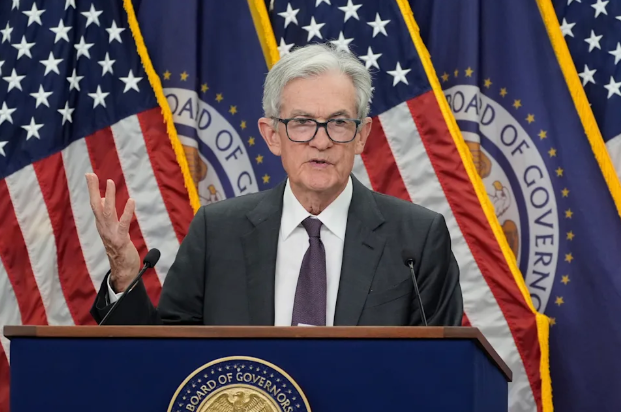Wall Street strategists are sharply recalibrating their economic outlooks after Friday's July jobs report showed weaker-than-expected hiring and staggering downward revisions to prior months' data, suggesting the labor market may be losing steam at a quicker pace than previously thought.
The US economy added just 73,000 jobs in July, far below the 104,000 expected by economists. But the bigger surprise came from revisions to the May and June figures, which collectively erased 258,000 jobs. This marked the largest two-month downward revision since May 2020.
Sarah House, senior economist at Wells Fargo, called the July jobs report "a dud" in a client note titled "July and the No Good, Very Bad Jobs Report."
"The 'solid' state of the labor market described by the FOMC earlier this week looks more questionable after the July employment report," she said, citing broad-based hiring weakness in cyclically sensitive sectors like manufacturing, retail, and professional services.
Despite persistent strength in healthcare hiring, she added, "the pace [of job growth] has lurched lower to just 35K" over the past three months when factoring in revisions.

Earlier this week, Fed governors Michelle Bowman and Christopher Waller broke from the majority of FOMC officials, dissenting against the decision to hold interest rates steady after warning that the labor market was weaker than initial data had indicated.
That warning appeared prescient on Friday as markets tumbled following the report. The tech-heavy Nasdaq (^IXIC) fell over 2% by midmorning, the Dow (DOW) shed nearly 600 points, and the S&P 500 (^GSPC) dropped around 1.6%. Meanwhile, bond prices surged on increased rate cut bets, sending the yield on the 10-year Treasury (^TNX) down 11 basis points to around 4.2%.
Adding to labor market concerns, escalating trade tensions were also top of mind for investors as Trump hiked tariff rates on several US trading partners, including a surprise 39% tariff on Switzerland.
"The market had sort of put tariffs in the rearview mirror and assumed that the labor market was okay," Sosnick said. "Well, both of those assumptions have been overturned quite dramatically this morning."
The strategist warned markets appear to be entering a "reckoning period," explaining, "We're not seeing a lot of reflexive dip buying. ... That, to me, tells me that the psychology, at least as of this particular moment, is a bit more tenuous than it was."
